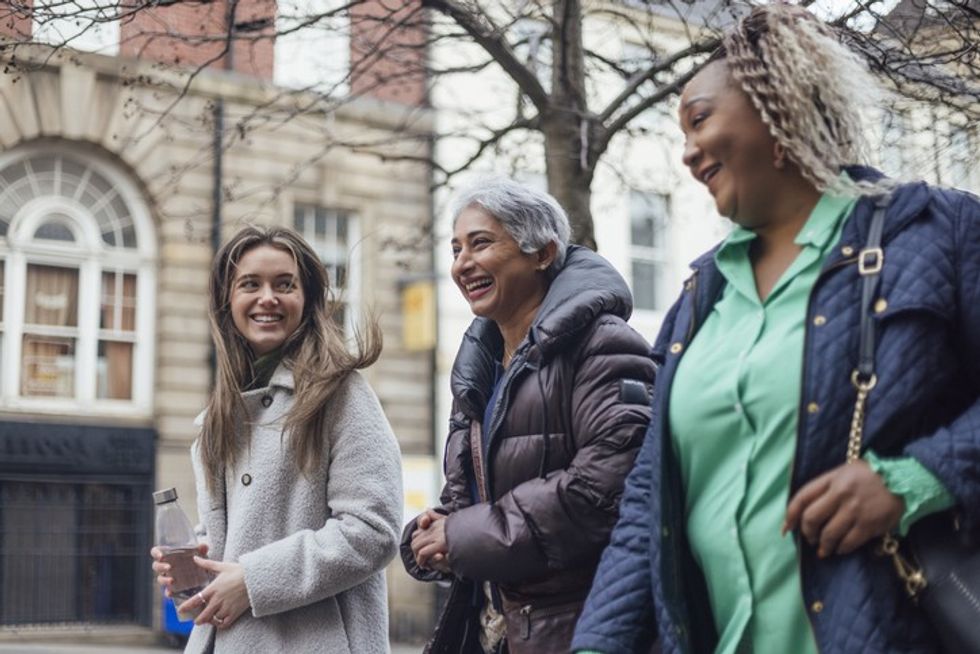SCOTLAND YARD has warned the public to be vigilant against scamsters eyeing to exploit people’s vulnerabilities amid the coronavirus chaos.
The Metropolitan Police said the majority of the incidents reported related to online shopping scams, where members of the public ordered and paid for personal protective equipment which never arrived.
Britain's National Fraud Intelligence Bureau said reports related to the pandemic, which has claimed 233 lives in the UK, have rocketed by 400 per cent in recent weeks.
Around 105 such cases recorded since last month caused losses totalling GBP 970,000.
"The majority of scams we are seeing relate to the online sale of protective items, and items that are in short supply across the country, due to the COVID-19 outbreak," said Superintendent Sanjay Andersen.
"We are seeing communities across London rallying together to help each other through this unprecedented public health crisis, and what is a difficult time for many. However, there are a small number of unscrupulous people out there who see it as an opportunity to con others for personal gain," said Superintendent Lis Chapple, the Met Police's lead for Crime Prevention, Inclusion and Engagement.
"The most vulnerable in society are often targeted which makes the offending all the more despicable, and the Met is committed to identifying these people and ensuring they are held to account for their actions. Please take a moment to think about who you are speaking to, what you are agreeing to and what you may be clicking on online. If it seems too good to be true, it probably is," Chapple said.
Since the UK government advised people to avoid unnecessary travel and stay at home where possible, the force said it has received a "small number" of reports where people are using coronavirus as a guise to gain entry to homes and steal.
It called on the people to ensure they check the identity and credentials of anyone who makes an unsolicited home visit, offering a service and asking for payment.
"If you are contacted by someone you don't know, online or in person, and are being pressured to buy something you feel unsure about, take a moment to assess the situation and talk to someone you trust before committing," the Met Police said.
It warns that people and businesses are also more vulnerable to being a victim of cyber fraud as they use the internet more to shop and communicate with friends and family.
It notes: "There have also been reports of coronavirus-themed phishing emails being sent. These attempts to trick members of the public into opening attachments which could enable fraudsters to steal personal information, passwords and banking details.
"Emails sent by fraudsters are often sophisticated and look like genuine emails from banks and other websites you might use regularly, so please be alert to this. If you receive a suspicious email, don't click on the links or attachments, and never respond to unsolicited messages or calls with personal or financial details."
Fraudsters have been caught selling counterfeit face masks and hand sanitisers, including one containing an ingredient banned for human use six years ago.
"By tricking elderly and vulnerable people in self-isolation to part with their cash, fraudsters are playing roulette with the lives of those most at risk," said Simon Blackburn, chairman of the communities board of Local Government Association, which speaks for local councils in England and Wales.
"Keeping the elderly and those with underlying health conditions safe is every council's top priority and councils will do everything in their power to prosecute fraudsters and seek the toughest penalties for criminals taking advantage in this despicable way," he said.















 Penguins inhabit a wide range of environments across the Southern HemisphereiStock
Penguins inhabit a wide range of environments across the Southern HemisphereiStock Penguins have evolved to use their flippers to propel themselves through the water iStock
Penguins have evolved to use their flippers to propel themselves through the water iStock Penguins have developed remarkable adaptations to survive the extreme coldiStock
Penguins have developed remarkable adaptations to survive the extreme coldiStock One of the most striking aspects of penguin behaviouriStock
One of the most striking aspects of penguin behaviouriStock Early penguins were quite different from the flightless birds we see todayiStock
Early penguins were quite different from the flightless birds we see todayiStock

 There’s deep healing in the communityiStock
There’s deep healing in the communityiStock
